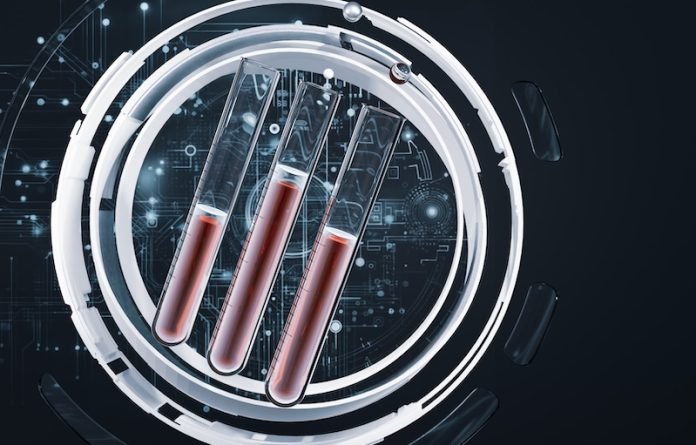
Recent research highlights a significant advancement in diagnosing heart muscle injuries.
A high sensitivity blood test, capable of detecting very low levels of the protein troponin, offers improved diagnosis for heart conditions, potentially reducing future heart-related complications.
The Study: A Major Leap in Heart Health
Conducted by the University of Edinburgh, the study involved nearly 50,000 patients from Scotland’s emergency departments.
Spanning from 2013 to 2016, researchers tracked the health outcomes of participants for five years. The study centered on the effectiveness of a new blood test in diagnosing heart muscle injuries.
Key Findings: Enhanced Detection and Long-Term Benefits
Improved Accuracy: The new test detects troponin more accurately, identifying heart injuries that older tests might miss.
Impact on Patients: One in five patients with heart muscle injury was identified only through the new test.
Reduction in Risks: Patients diagnosed with this test saw a near 10% drop in future heart-related hospital admissions and deaths over five years.
Implications for Emergency Care
Widespread Adoption: The UK has already implemented this high sensitivity test in many emergency departments.
Long-Term Healthcare Improvement: Early detection of heart injuries can lead to better patient care, potentially preventing severe future heart events.
Global Standard: This study sets a new benchmark, positioning the UK at the forefront of heart attack and heart injury detection.
Conclusion: A Step Forward in Cardiac Care
The introduction of this high sensitivity blood test marks a significant advancement in cardiac care. By accurately identifying heart injuries, medical professionals can provide targeted treatments, improving patient outcomes and potentially saving lives.
This innovation underscores the importance of continual research and development in healthcare.
If you care about heart health, please read studies about how eating eggs can help reduce heart disease risk, and Vitamin K2 could help reduce heart disease risk.
For more information about heart health, please see recent studies about how to remove plaques that cause heart attacks, and results showing a new way to prevent heart attacks, strokes.
The research findings can be found in BMJ.
Copyright © 2023 Knowridge Science Report. All rights reserved.



